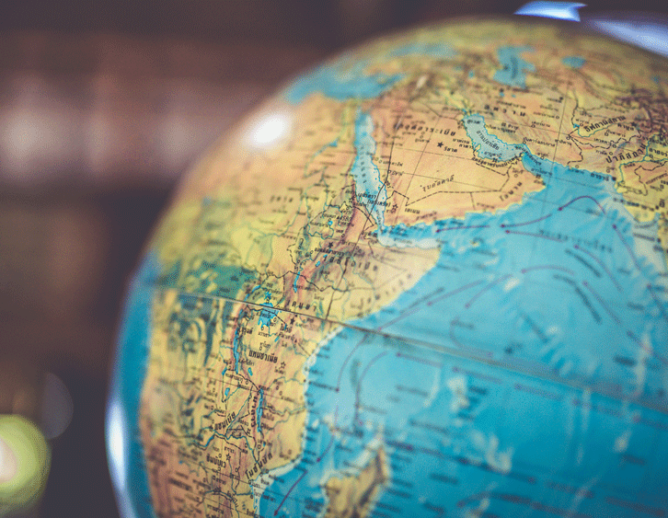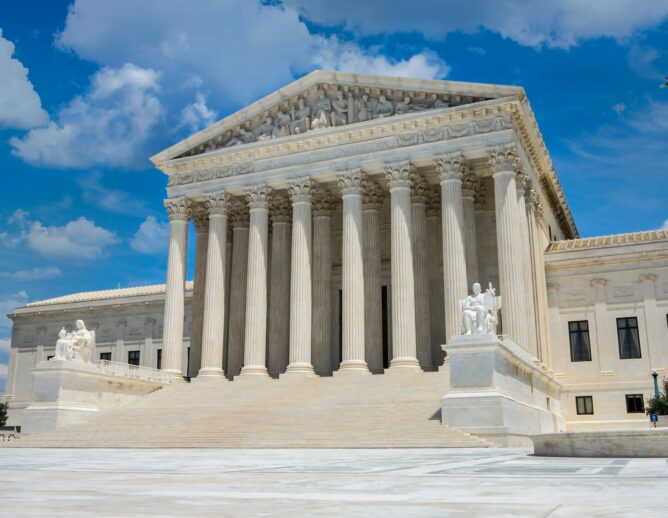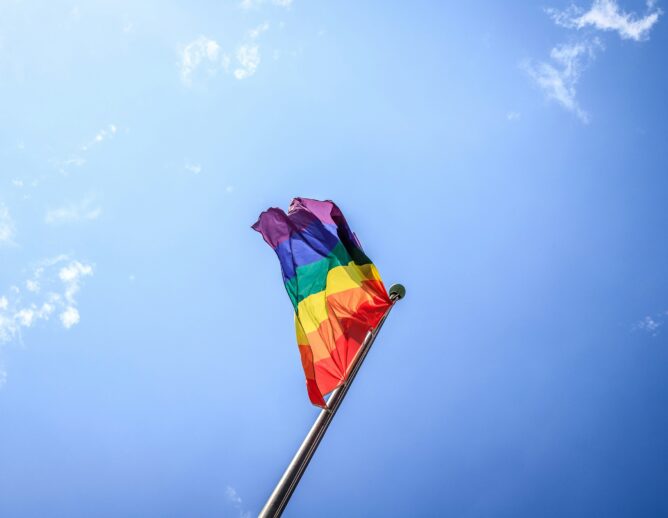This post was written by Sharon Jackson, an independent consultant.
It is a rare occasion that an arms control treaty can help in an ongoing public health crisis. The Islamic state’s use of toxic chemicals against civilians in Iraq and Syria has exposed noncombatants and contaminated environments; it is a clear violation of the Chemical Weapons Convention (CWC). Syrian government forces have also been accused of using toxic chemicals in battle. The treaty defines chemical weapons (CW) use as a deliberate and hostile attack with any toxic chemical for the purpose of inflicting death or injury to humans or animals regardless of whether the chemical was specifically formulated as a weapon. Medical relief workers and political activists in Syria and Iraq report the use of suspected mustard agent in Islamic state controlled areas. If the use of mustard is confirmed, the injuries to victims may be chronic and enduring and the environmental contamination may require remediation.
Members of the CWC, including both Iraq and Syria, have the right to request assistance from the Organization for the Prohibition of Chemical Weapons (OPCW) to investigate and document the consequences of suspected CW use. These fact finding activities are essential to the aims of the CWC and if necessary, additional funding should be made available to the OPCW to perform these functions as specified in the treaty. The OPCW has unique access to the collective technical expertise of its members and is a repository for information in the areas of de-militarization, environmental decontamination, and human exposure sequelae. The medical and environmental effects and the remediation of mustard gas use are a highly specific body of knowledge that arose out of the experience of World War I and research undertaken in the past. This knowledge, which exists within the OPCW, is a resource that can assist the victims and international community in confirming and responding to these incidents.
The OPCW regularly provides training on chemical weapons protection measures, rescue operations, countermeasures, and decontamination. Additionally, some members have agreed to provide assistance in the event of chemical weapons use. During August 2015, the OPCW publicly pledged to assist Iraq in examining reports of CW use against it. The OPCW serves as a trusted and unbiased source of information and analysis for the United Nations or other multilateral and judicial institutions that may consider diplomatic or political responses against the perpetrators of chemical warfare.
The use of toxic chemicals as a means of warfare has been prohibited by numerous international agreements since at least the nineteenth century. Despite the fact the Islamic state is not a recognized nation-state does not excuse or lessen the seriousness of any offenses in targeting civilians. Engagement of the OPCW in the investigation of the incidents could provide additional information about the attacks and assist in holding any perpetrator accountable for violations of international norms.




